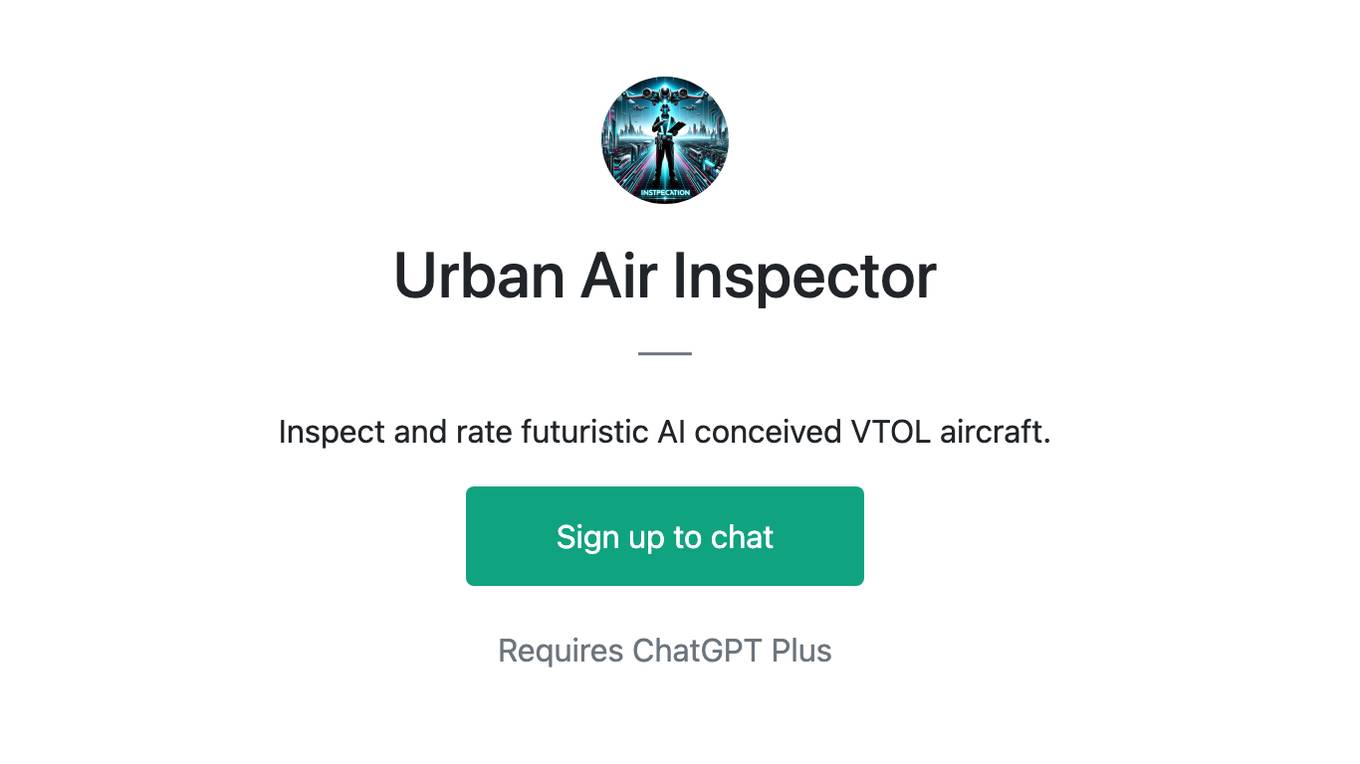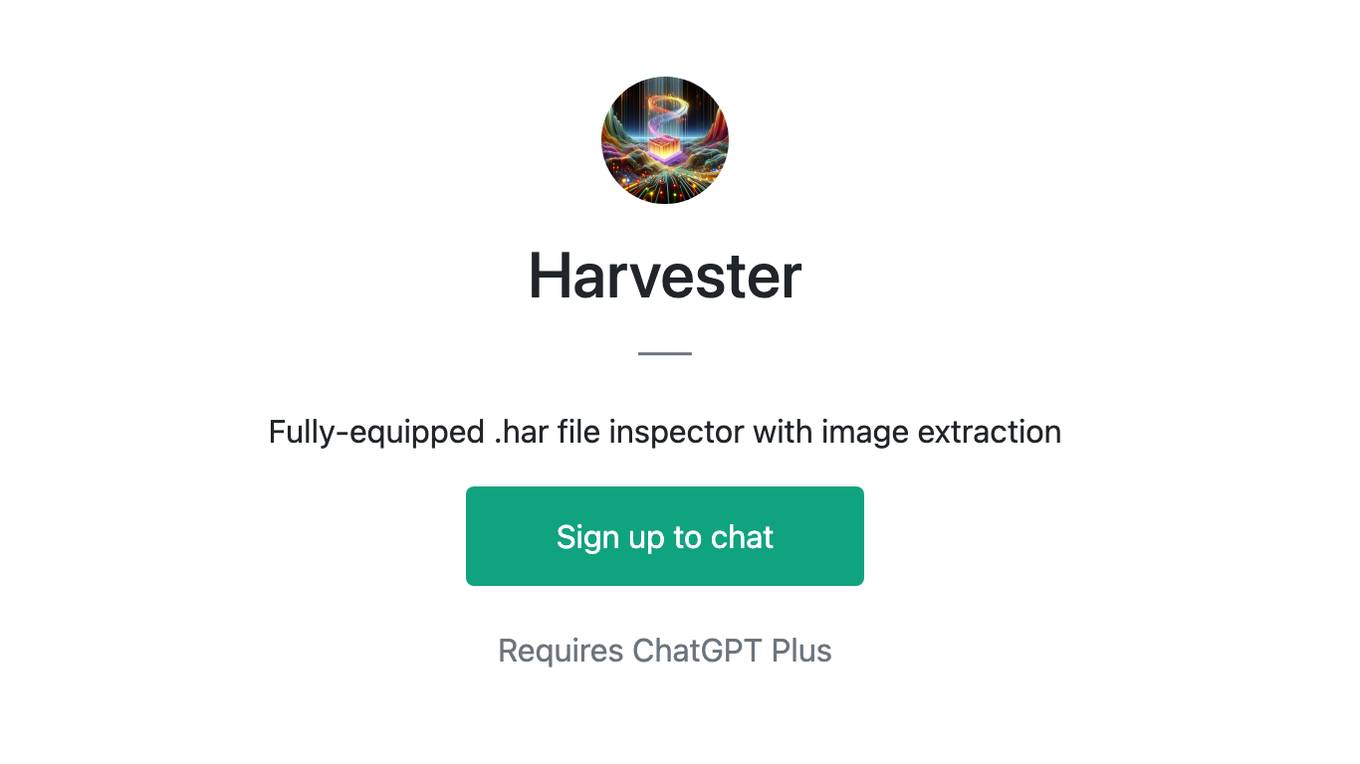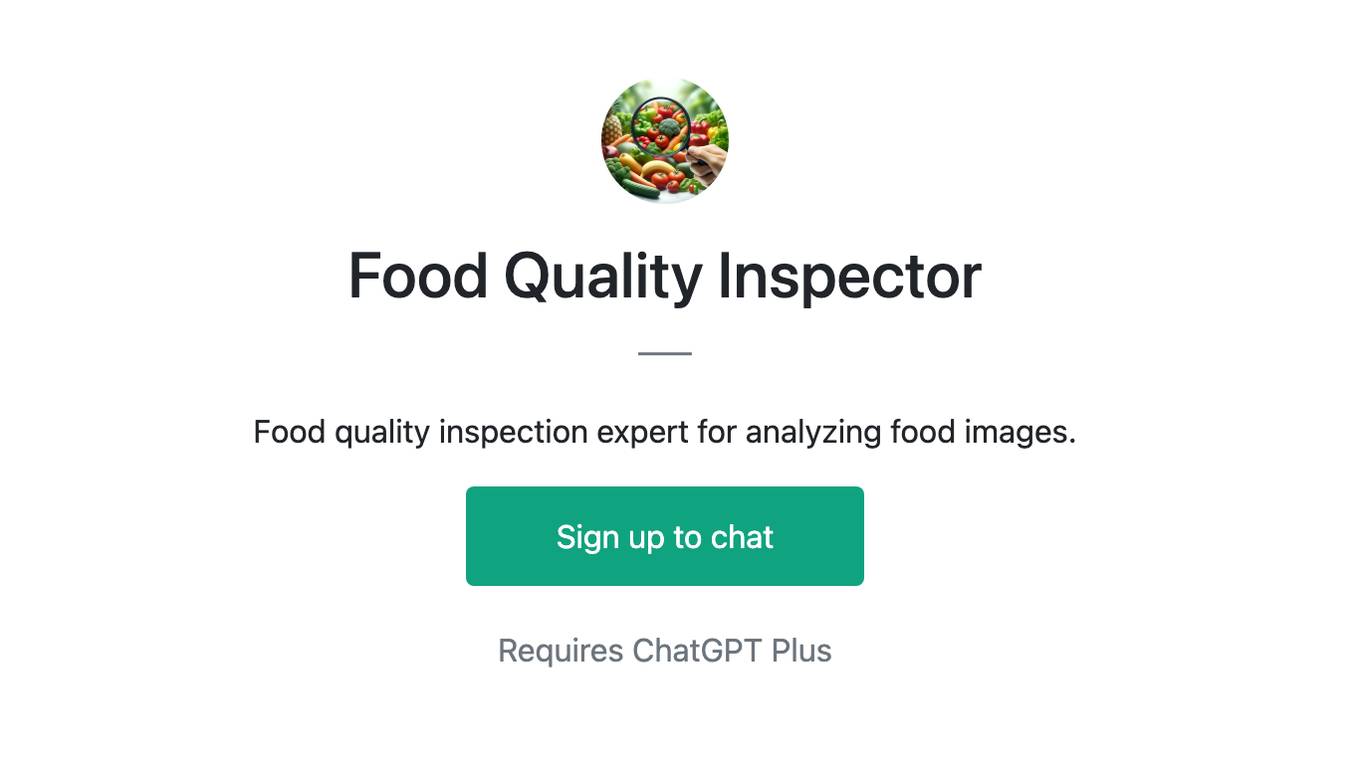Best AI tools for< Inspect Results >
18 - AI tool Sites
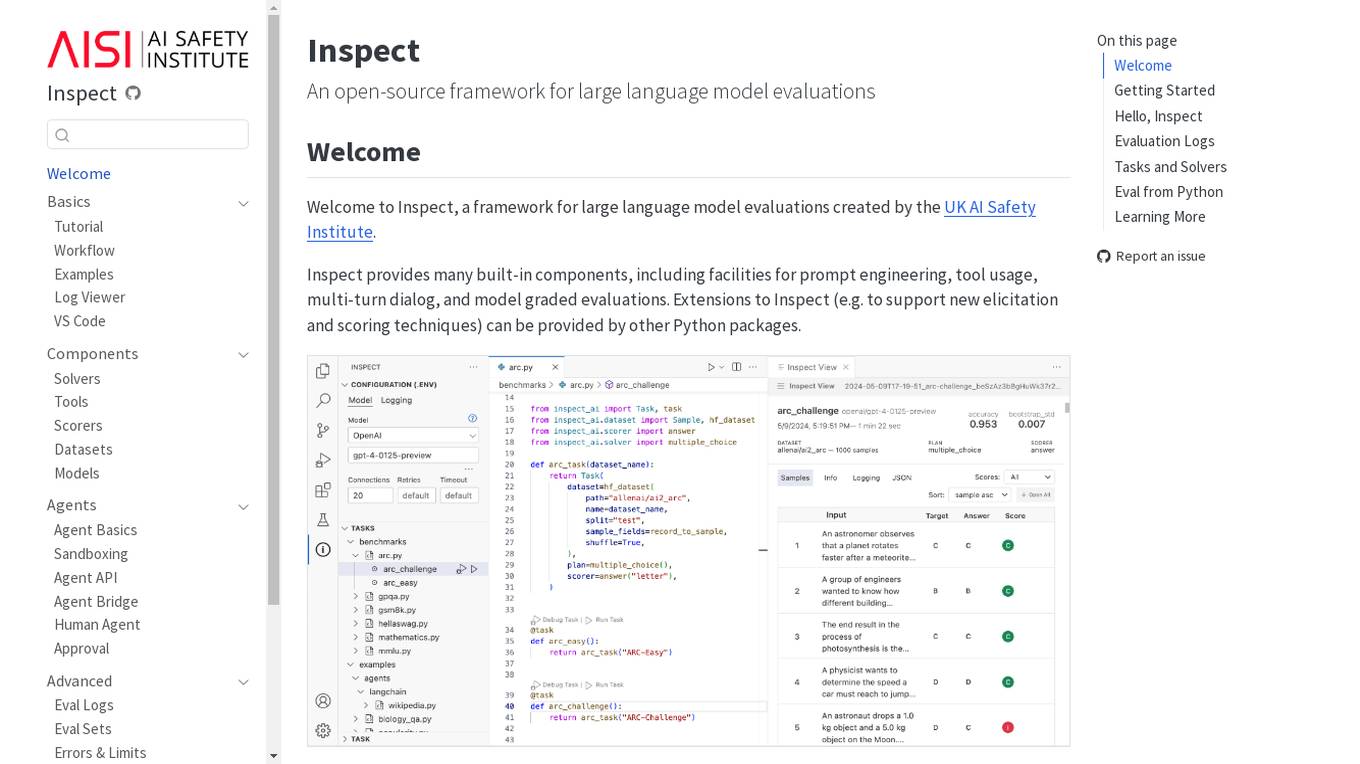
Inspect
Inspect is an open-source framework for large language model evaluations created by the UK AI Safety Institute. It provides built-in components for prompt engineering, tool usage, multi-turn dialog, and model graded evaluations. Users can explore various solvers, tools, scorers, datasets, and models to create advanced evaluations. Inspect supports extensions for new elicitation and scoring techniques through Python packages.

Pixian.AI
Pixian.AI is an AI tool that specializes in removing backgrounds from images. It offers a free service with no signup required, as well as a paid option for higher resolution images. The tool uses powerful GPUs and multi-core CPUs to analyze images and provide high-quality results. Pixian.AI aims to provide efficient and cost-effective AI image processing solutions to users, with a focus on quality and value.

Slicker
Slicker is an AI-powered tool designed to recover failed subscription payments and maximize subscription revenue for businesses. It uses a proprietary AI engine to process each failing payment individually, converting past due invoices into revenue. With features like payment recovery on auto-pilot, state-of-the-art machine learning model, lightning-fast setup, in-depth payment analytics, and enterprise-grade security, Slicker offers a comprehensive solution to reduce churn and boost revenue. The tool is fully transparent, allowing users to inspect and review every action taken by the AI engine. Slicker seamlessly integrates with popular billing and payment platforms, making it easy to implement and start seeing results quickly.

Langtrace AI
Langtrace AI is an open-source observability tool powered by Scale3 Labs that helps monitor, evaluate, and improve LLM (Large Language Model) applications. It collects and analyzes traces and metrics to provide insights into the ML pipeline, ensuring security through SOC 2 Type II certification. Langtrace supports popular LLMs, frameworks, and vector databases, offering end-to-end observability and the ability to build and deploy AI applications with confidence.
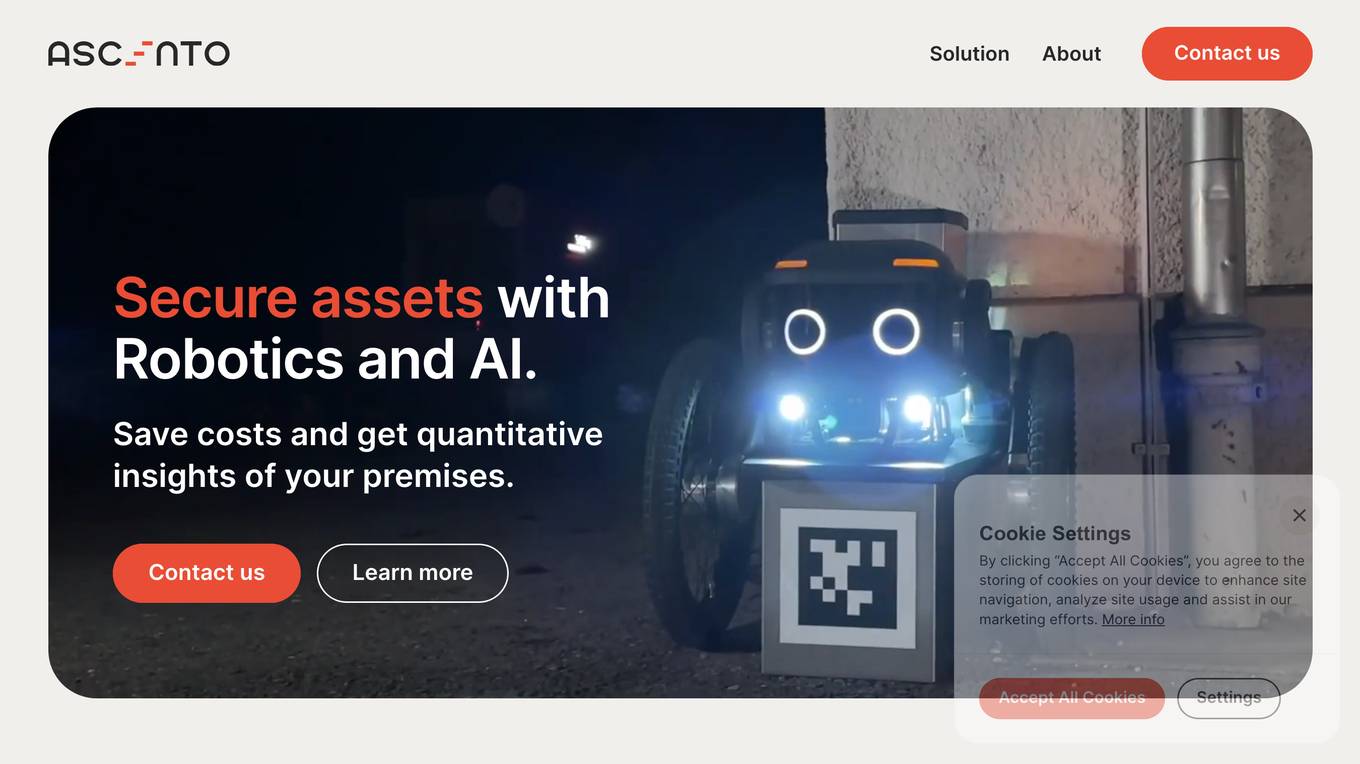
Ascento
Ascento is an AI-powered security solution that combines robotics and artificial intelligence to secure assets and provide quantitative insights of premises. The application offers features such as detecting people on premises, verifying perimeter integrity, recording property lights, scanning for thermal anomalies, controlling parking lots, and checking doors and windows. Ascento provides advantages like faster threat detection with greater accuracy, cost reduction, autonomous all-terrain robot capabilities, encrypted live communication, and integration with existing video management systems. However, some disadvantages include the need for immediate cost-benefits, training and onboarding requirements, and limited battery life for autonomous charging. The application is suitable for various industries and offers a turnkey solution with 24/7 support and fast replacements.
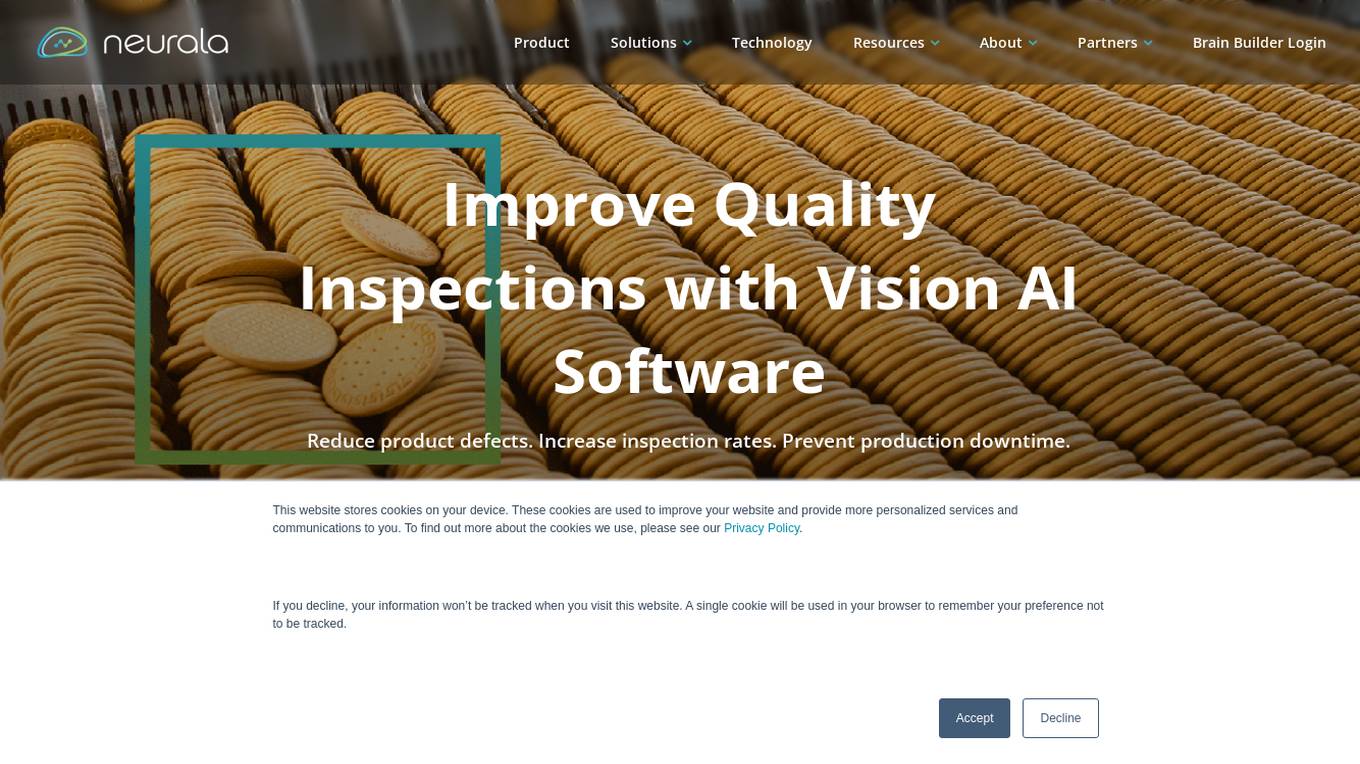
Neurala
Neurala is a company that provides visual quality inspection software powered by AI. Their software is designed to help manufacturers improve their inspection process by reducing product defects, increasing inspection rates, and preventing production downtime. Neurala's software is flexible and can be easily retrofitted into existing production line infrastructure, without the need for AI experts or expensive capital expenditures. The company's software is used by a variety of manufacturers, including Sony, AITRIOS, and CB Insights.

DWE.ai
DWE.ai is an AI-powered platform specializing in DeepWater Exploration. The platform offers cutting-edge marine optics for crystal clear underwater imaging data, empowering marine robotics, surface vehicles, aquaculture farms, and aerial drones with advanced mapping and vision capabilities. DWE.ai provides cost-effective equipment for monitoring subsea assets, conducting detailed inspections, and collecting essential environmental data to revolutionize underwater research and operations.

Inedit
Inedit is an AI-powered editor widget that enhances webpage content editing instantly. It offers features like AI technology, manual editing, effortless editing of multiple elements, and the ability to inspect deeper structures of webpages. The tool is powered by OpenAI GPT Models, providing unparalleled flexibility and performance. Users can seamlessly edit, evaluate, and publish content, ensuring only approved content reaches the audience.
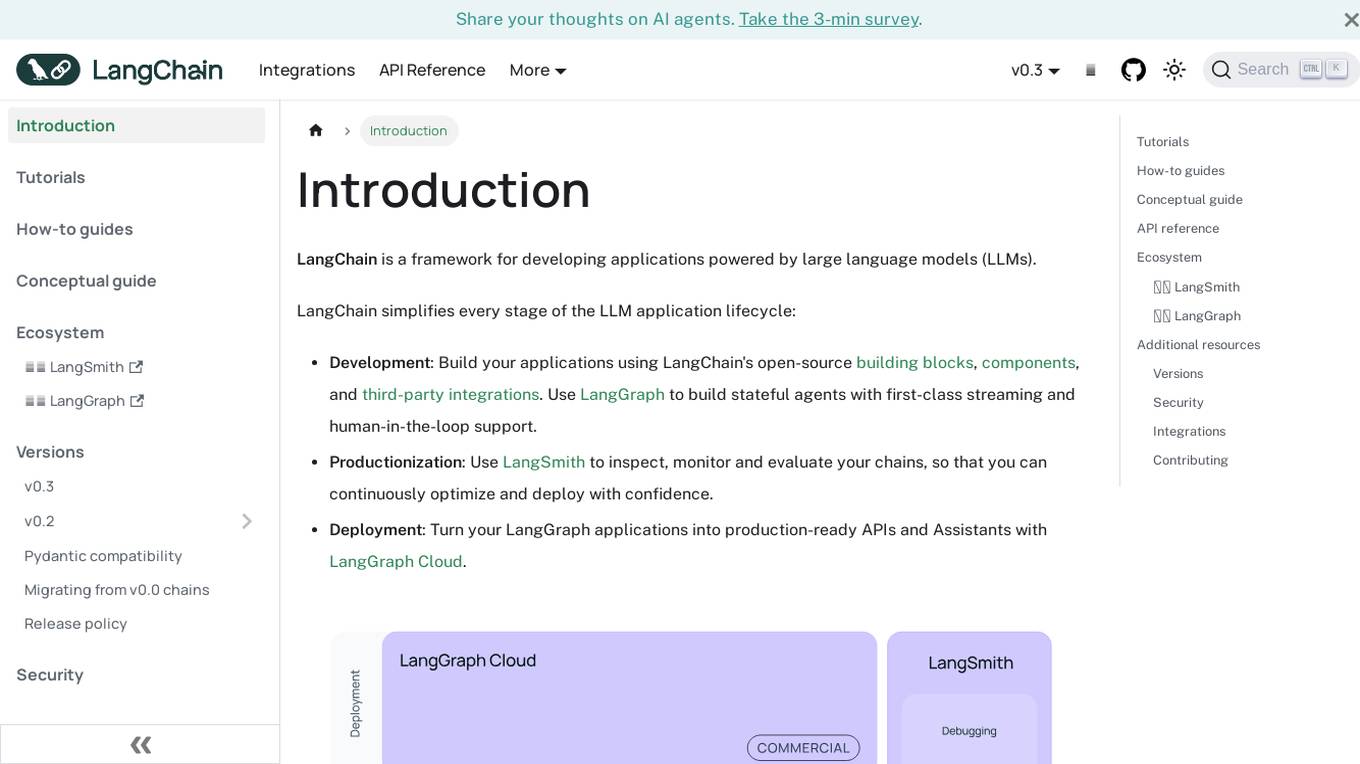
LangChain
LangChain is a framework for developing applications powered by large language models (LLMs). It simplifies every stage of the LLM application lifecycle, including development, productionization, and deployment. LangChain consists of open-source libraries such as langchain-core, langchain-community, and partner packages. It also includes LangGraph for building stateful agents and LangSmith for debugging and monitoring LLM applications.

Fyusion
Fyusion is an AI-powered application that specializes in vehicle damage detection through advanced technology and deep AI understanding. It offers stunning 3D vehicle imagery and actionable insights for a comprehensive view of the vehicle's condition. Fyusion's technology revolutionizes the automotive industry by providing comprehensive condition reporting and interactive 3D imaging solutions. The application is utilized in various sectors, including wholesale, dealerships, and fleet operators, to enhance decision-making processes and streamline vehicle inspections.
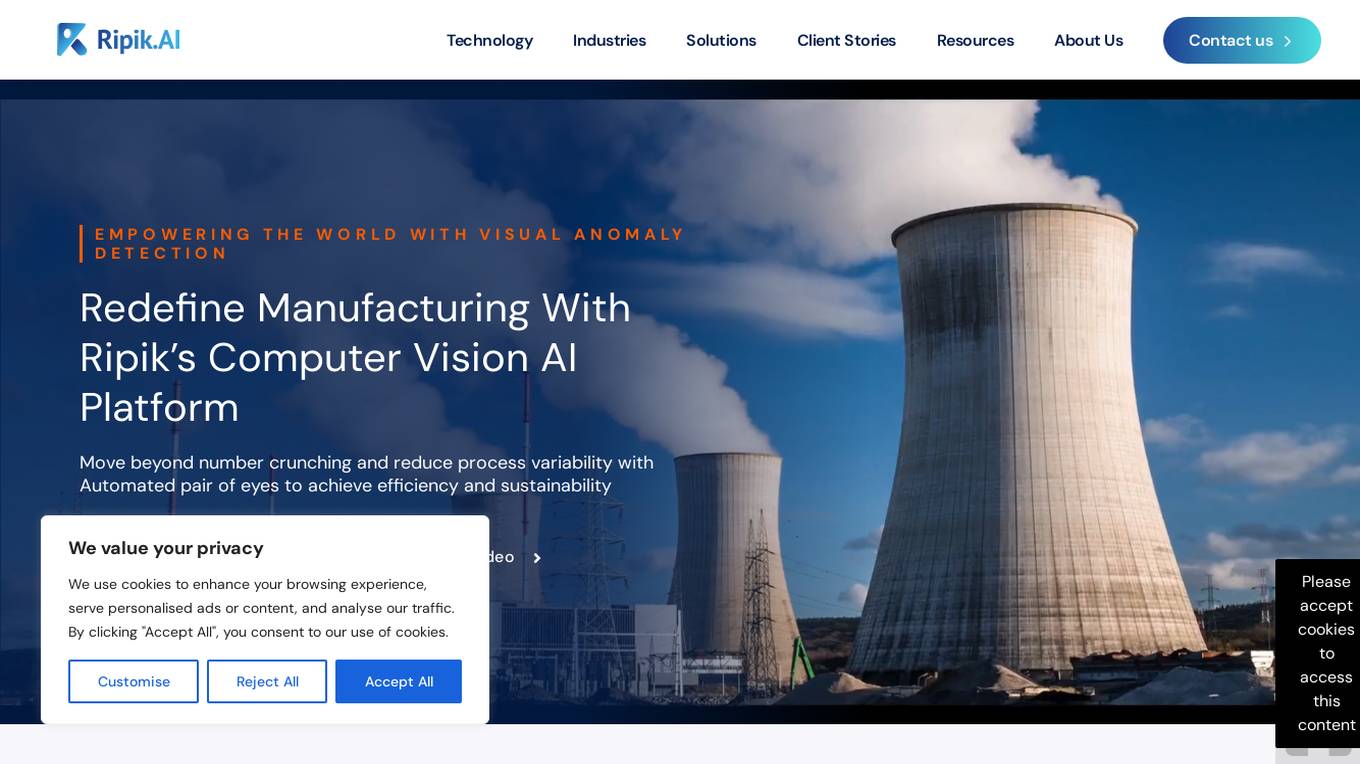
Ripik.ai
Ripik.ai is an applied AI company developing computer vision agents—an automated pair of eyes for industries like steel, cement, and chemicals. These AI-driven agents provide 24/7 monitoring with 95%+ accuracy, enabling real-time decision-making while eliminating human error and inefficiencies. Ripik's Computer Vision AI Platform offers solutions for material, process, and equipment monitoring, driving higher throughput, improved energy efficiency, and enhanced quality, delivering direct and measurable gains across industrial operations.

Nanotronics
Nanotronics is an AI-powered platform for autonomous manufacturing that revolutionizes the industry through automated optical inspection solutions. It combines computer vision, AI, and optical microscopy to ensure high-volume production with higher yields, less waste, and lower costs. Nanotronics offers products like nSpec and nControl, leading the paradigm shift in process control and transforming the entire manufacturing stack. With over 150 patents, 250+ deployments, and offices in multiple locations, Nanotronics is at the forefront of innovation in the manufacturing sector.
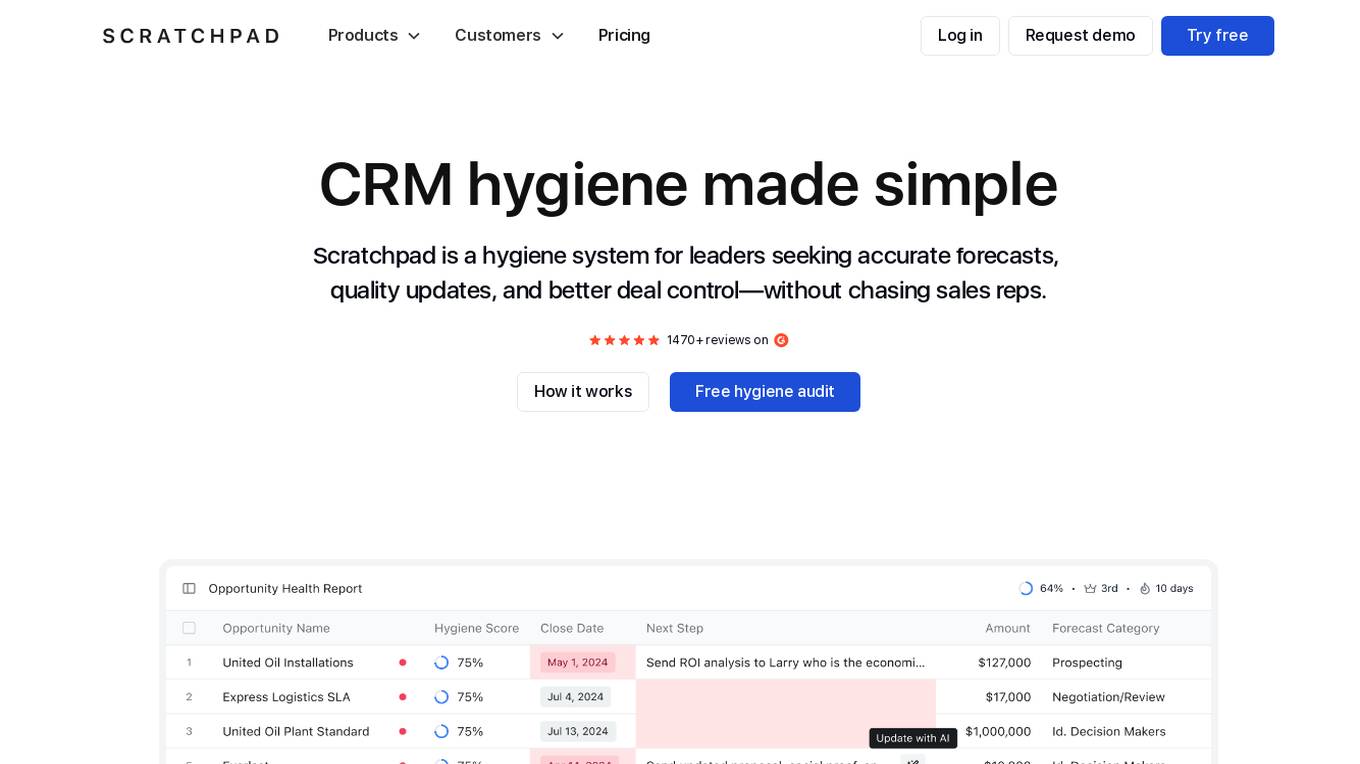
Scratchpad
Scratchpad is an AI-powered workspace designed for sales teams to streamline their sales processes and enhance productivity. It offers a range of features such as AI Sales Assistant, Pipeline Management, Deal Rooms, Automations & Enablement, and Deal Inspection. With Scratchpad, sales teams can benefit from real-time notes, call summaries, and transcripts, as well as AI prompts for sales processes. The application aims to simplify sales execution, improve CRM hygiene, and provide better deal control through automation and in-line coaching.

SkyVisor
SkyVisor is an advanced in-house drone inspection and asset management application designed for wind and solar parks. It offers a comprehensive solution for monitoring blade health, detecting structural corrosion, and ensuring safety in wind turbines. For solar parks, it maximizes energy production, saves project management time, and enables efficient rooftop inspections. The application integrates AI analytics for data processing and provides a user-friendly interface for field operations. SkyVisor is trusted by Independent Power Producers, Service Providers, Engineering, Procurement & Construction professionals, and Original Equipment Manufacturers worldwide.

Qualifyed
Qualifyed is an AI predictive audiences and lead scoring platform designed to help businesses optimize their advertising efforts by targeting people with the highest probability to become customers. The platform uses machine learning to continuously inspect and score leads, providing a model of targetable individuals with a high probability of conversion. Qualifyed aims to decrease customer acquisition costs, increase online conversions, and enhance the efficiency of offline sales teams. By leveraging data and AI technology, Qualifyed offers a solution to reach ideal customers effectively and automatically.
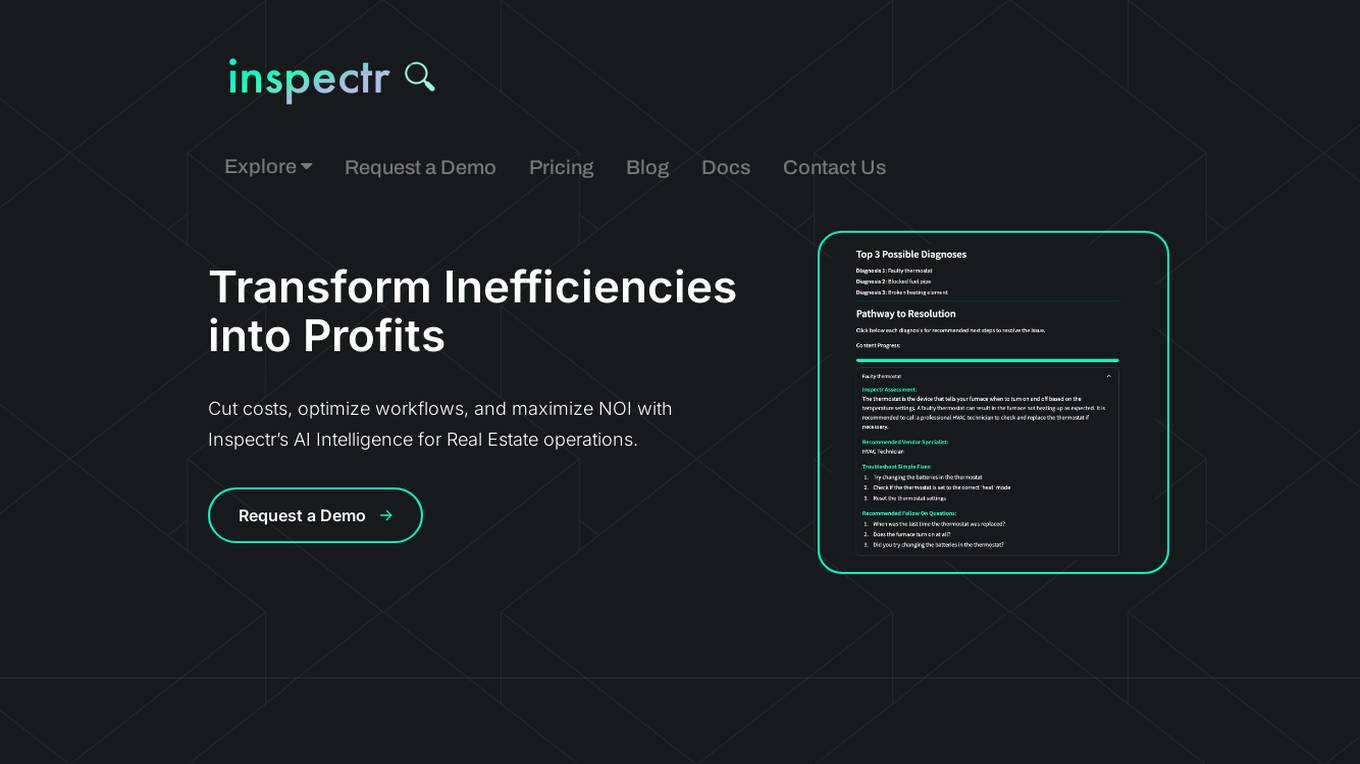
Inspectr
Inspectr is an AI-powered intelligence engine designed for real estate operations. It integrates with existing tech stacks to provide real-time, actionable insights that reduce costs, improve efficiency, and drive higher returns across portfolios. Inspectr turns fragmented data into predictive intelligence, optimizing spend, budgets, and maximizing Net Operating Income (NOI) without disrupting current systems. The platform offers features like real-time strategic intelligence, seamless integrations, and work order enrichment to streamline operations and enhance asset performance.

Osmo
Osmo is an AI scent platform that aims to digitize the sense of smell, combining frontier AI and olfactory science to improve human health and wellbeing through fragrance. The platform reads, maps, and writes scents using modern AI tools, enabling the discovery of new fragrance ingredients and applications for insect repellents, threat detection, and immersive experiences.

Bichos ID de Fucesa
Bichos ID de Fucesa is an AI tool that allows users to explore and identify insects, arachnids, and other arthropods using artificial intelligence. Users can discover the most searched bugs, explore new discoveries made by the community, and view curated organisms. The platform aims to expand knowledge about the fascinating world of arthropods through AI-powered identification.
1 - Open Source AI Tools
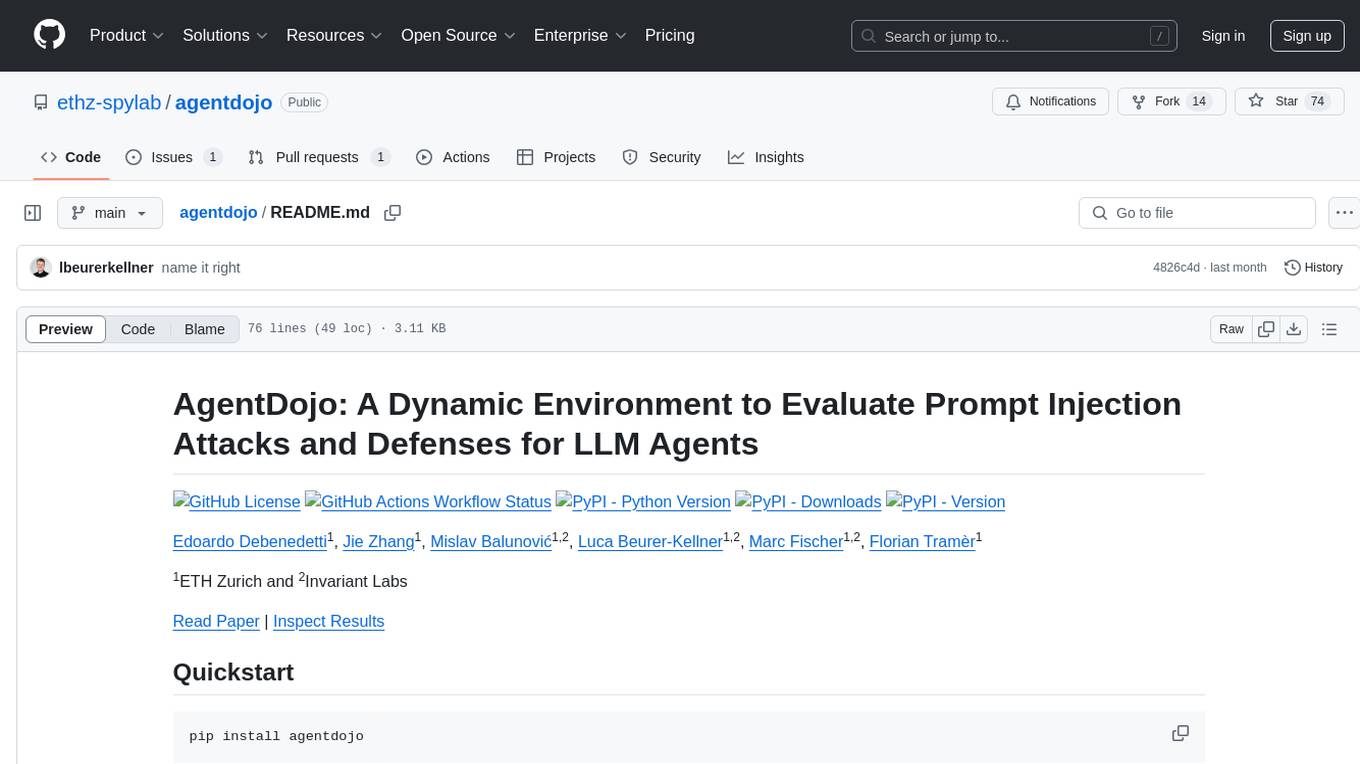
agentdojo
AgentDojo is a dynamic environment designed to evaluate prompt injection attacks and defenses for large language models (LLM) agents. It provides a benchmark script to run different suites and tasks with specified LLM models, defenses, and attacks. The tool is under active development, and users can inspect the results through dedicated documentation pages and the Invariant Benchmark Registry.
20 - OpenAI Gpts
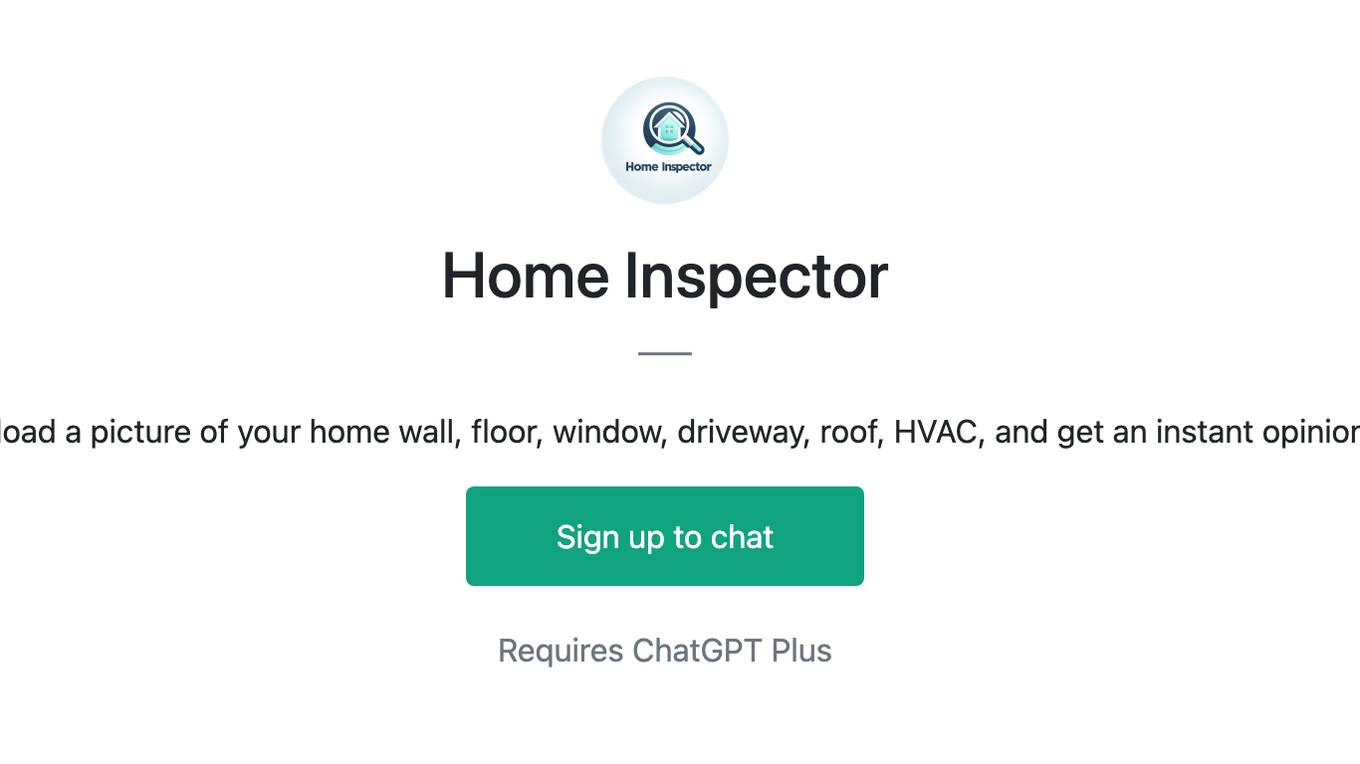
Home Inspector
Upload a picture of your home wall, floor, window, driveway, roof, HVAC, and get an instant opinion.

HomeScore
Assess a potential home's quality using your own photos and property inspection reports
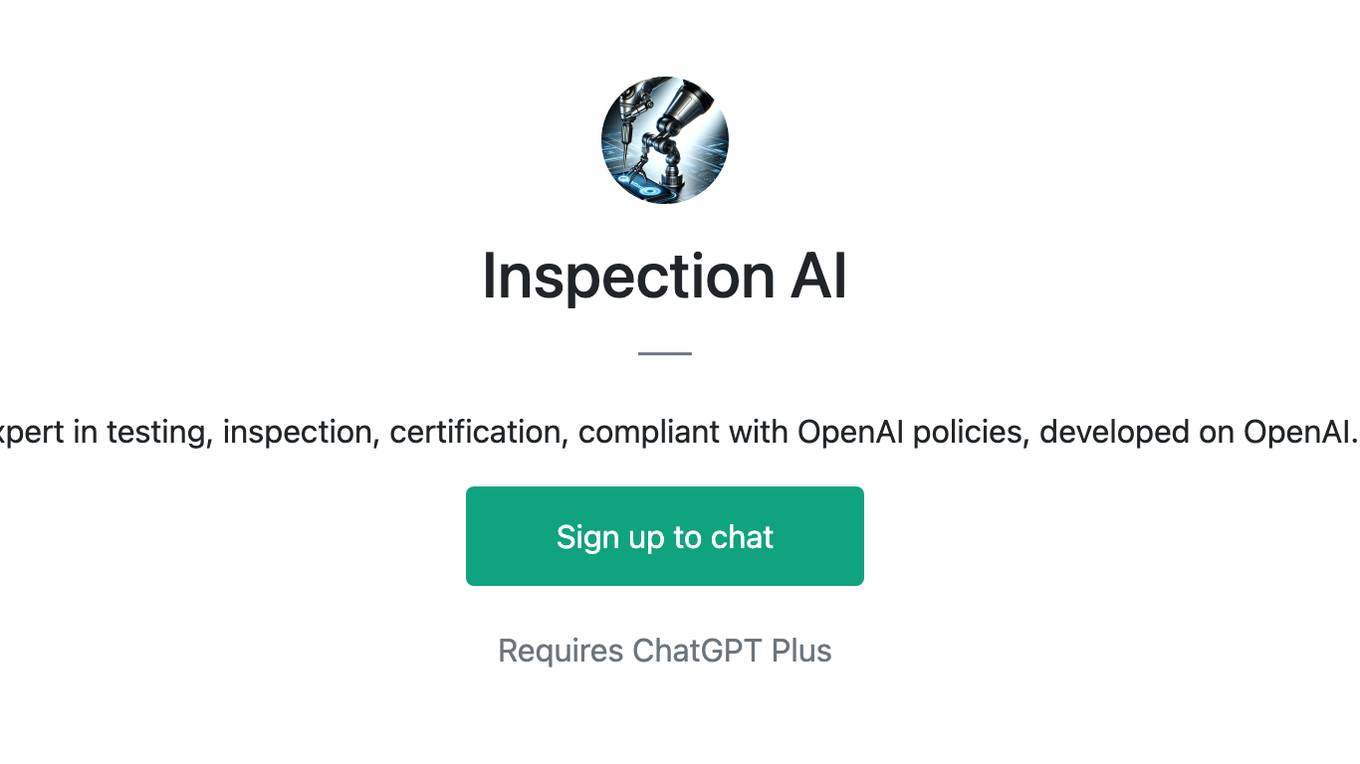
Inspection AI
Expert in testing, inspection, certification, compliant with OpenAI policies, developed on OpenAI.
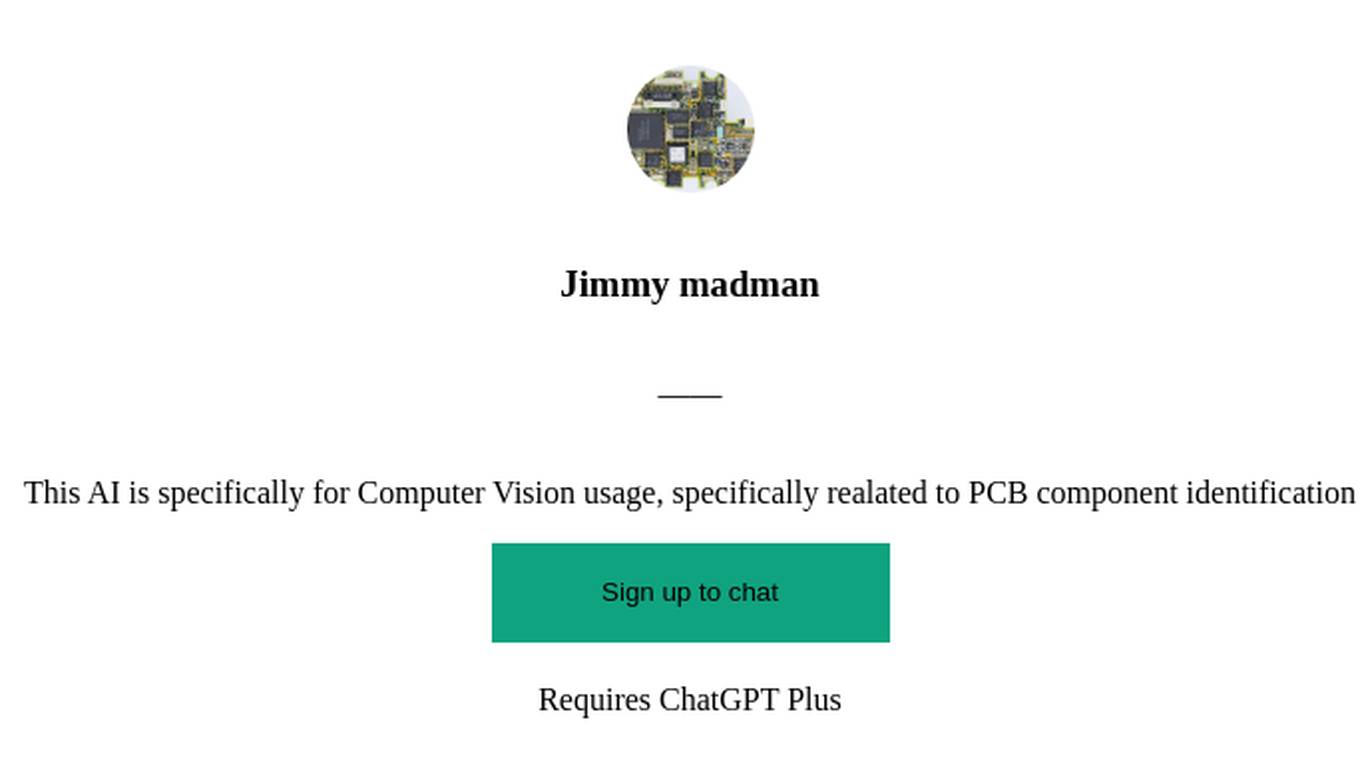
Jimmy madman
This AI is specifically for Computer Vision usage, specifically realated to PCB component identification

Choose Your Own Adventure Housing
Transform Your Home Search into an Epic Journey with Choose Your Own Adventure Housing – Where Every Click is a New Path!
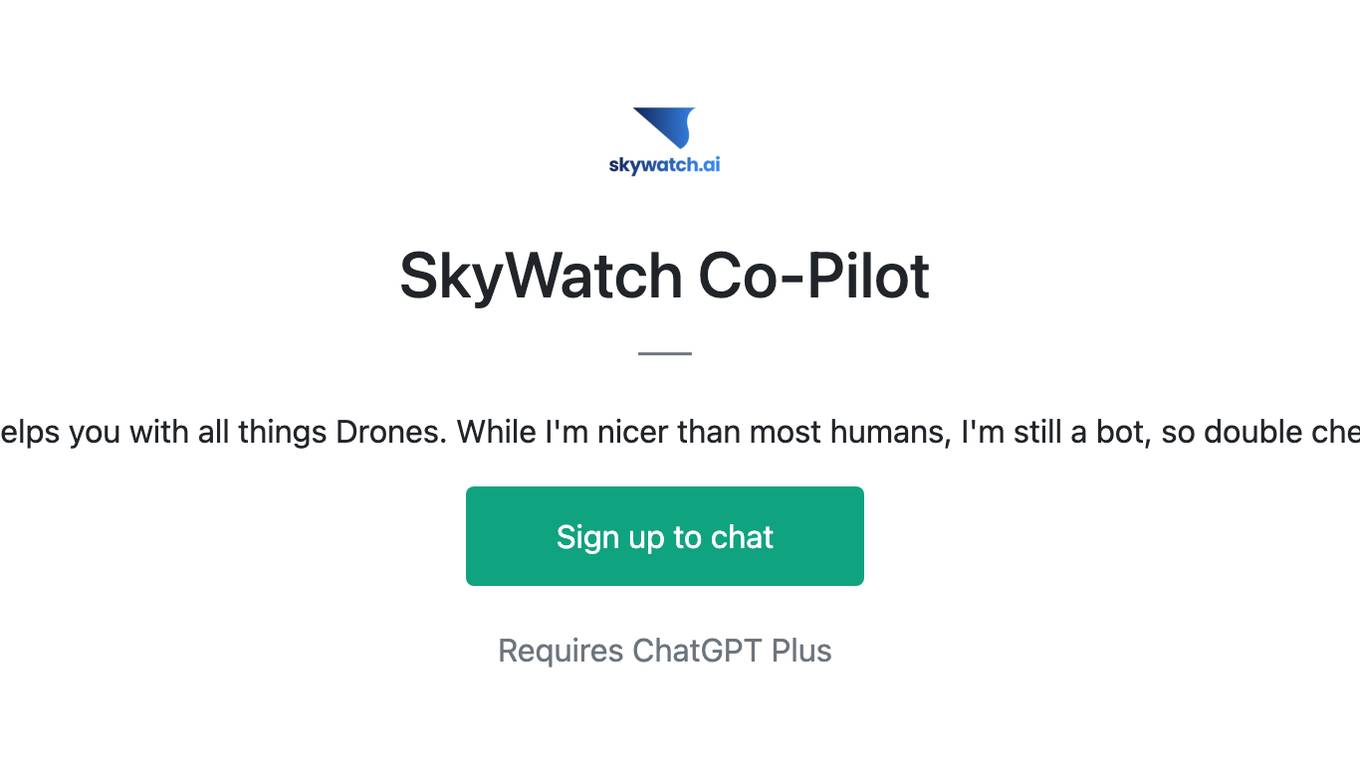
SkyWatch Co-Pilot
The buddy that helps you with all things Drones. While I'm nicer than most humans, I'm still a bot, so double check my answers

Not Hotdog
What would you say if I told you there is an app on the market that can tell you if you have a hot dog or not a hot dog.
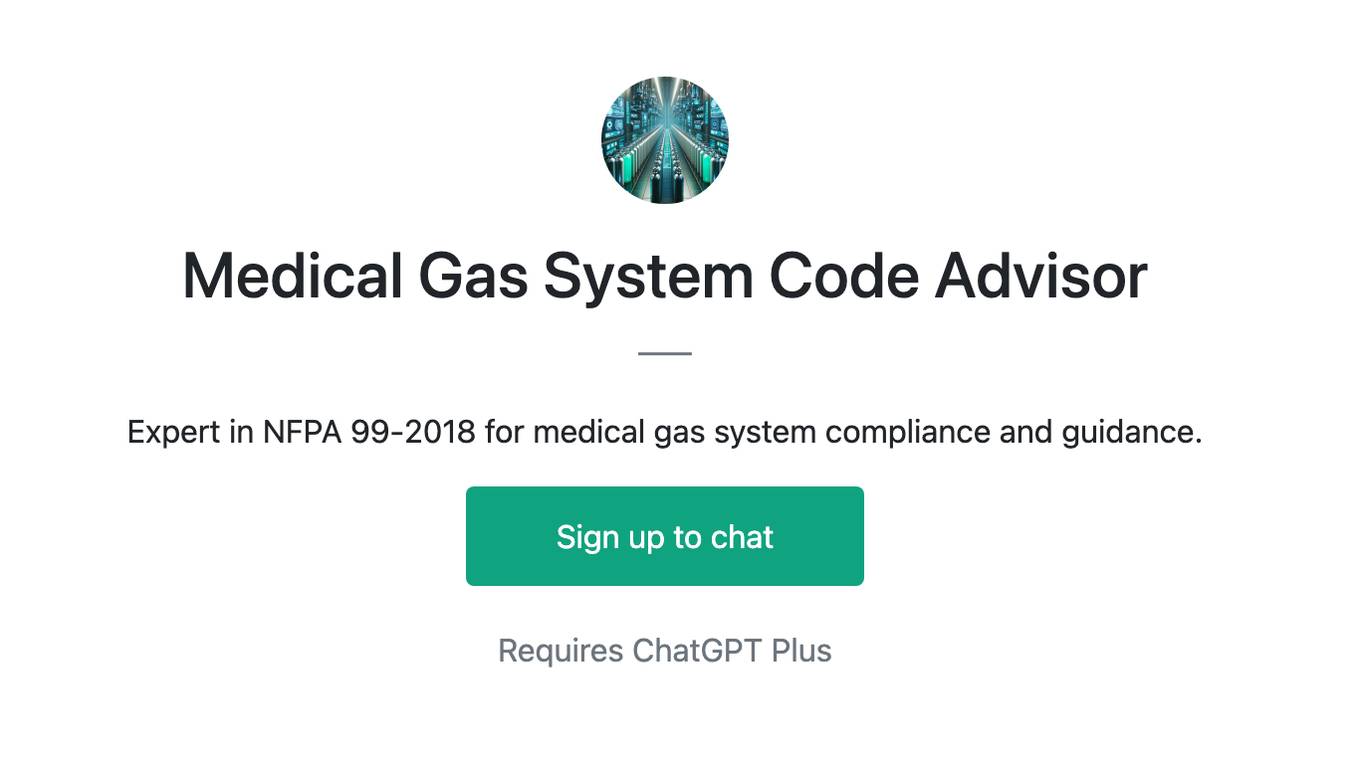
Medical Gas System Code Advisor
Expert in NFPA 99-2018 for medical gas system compliance and guidance.
